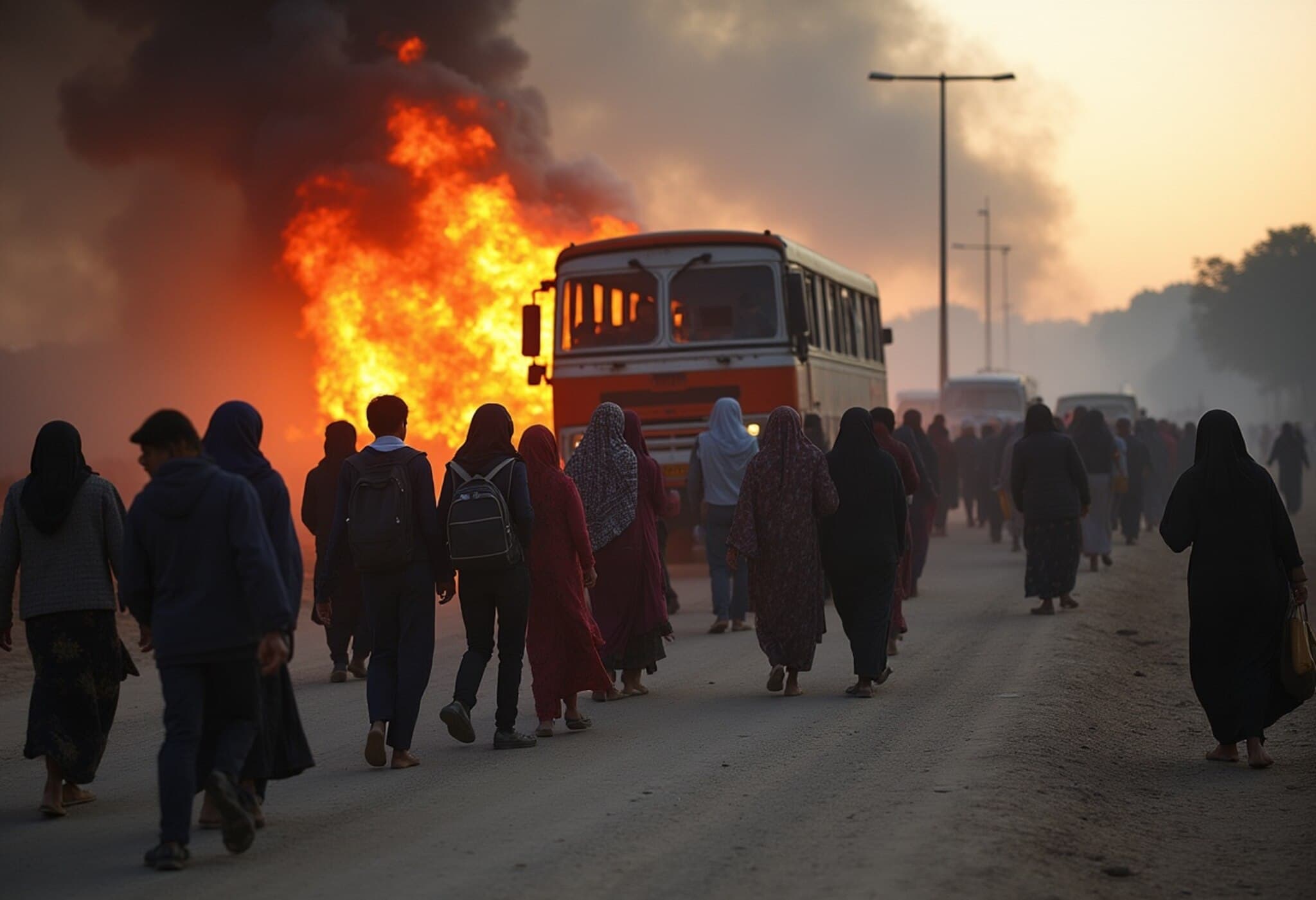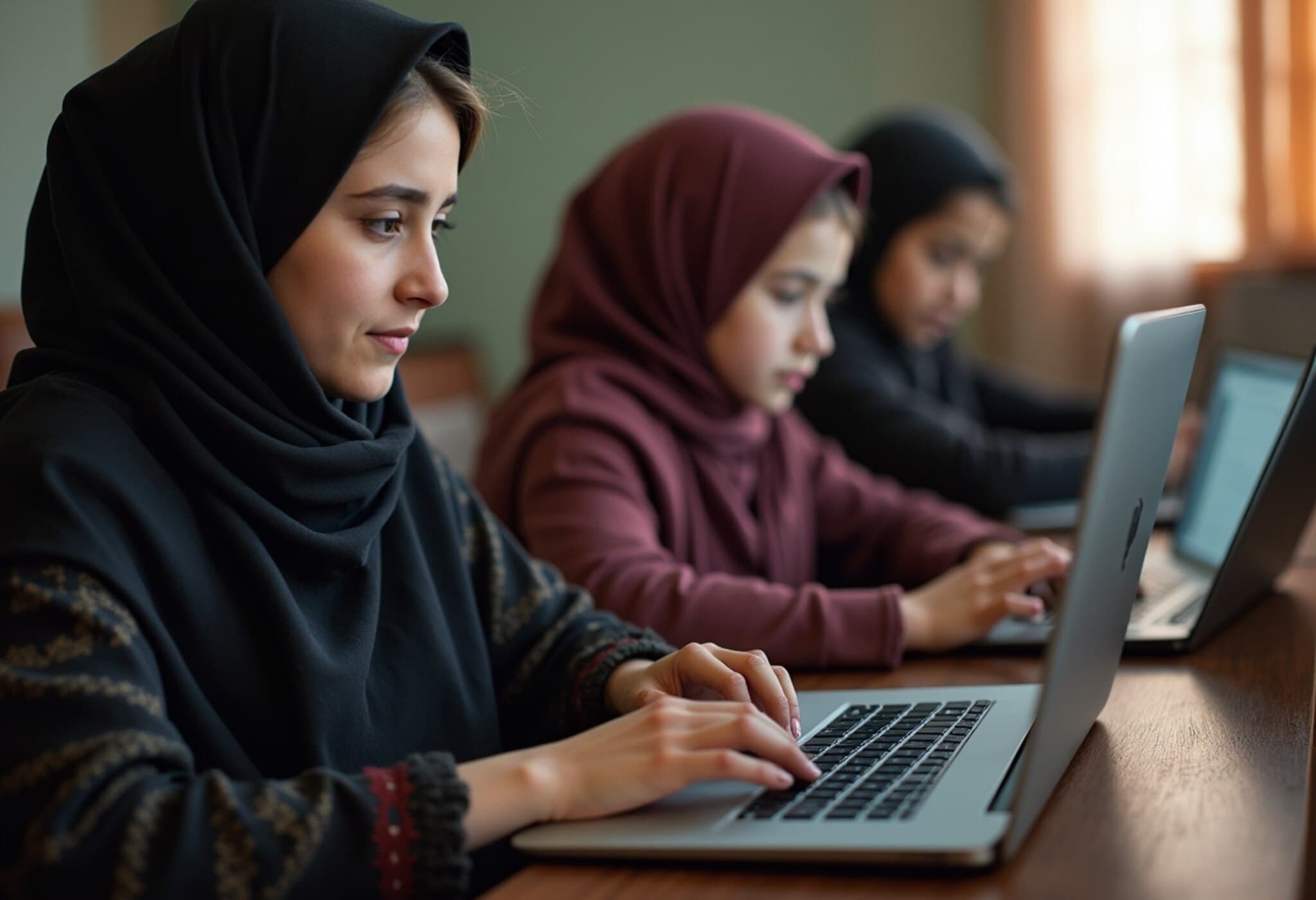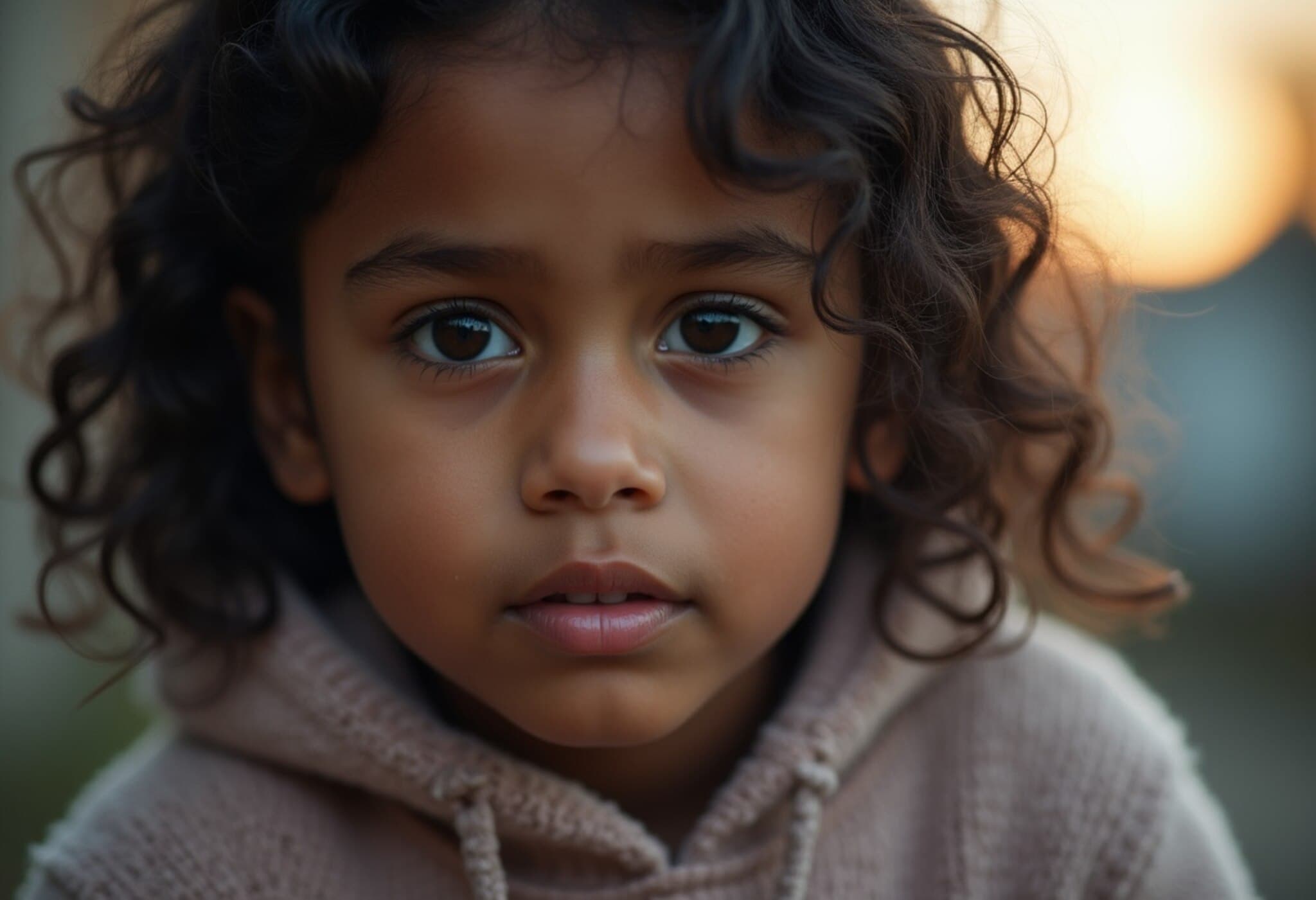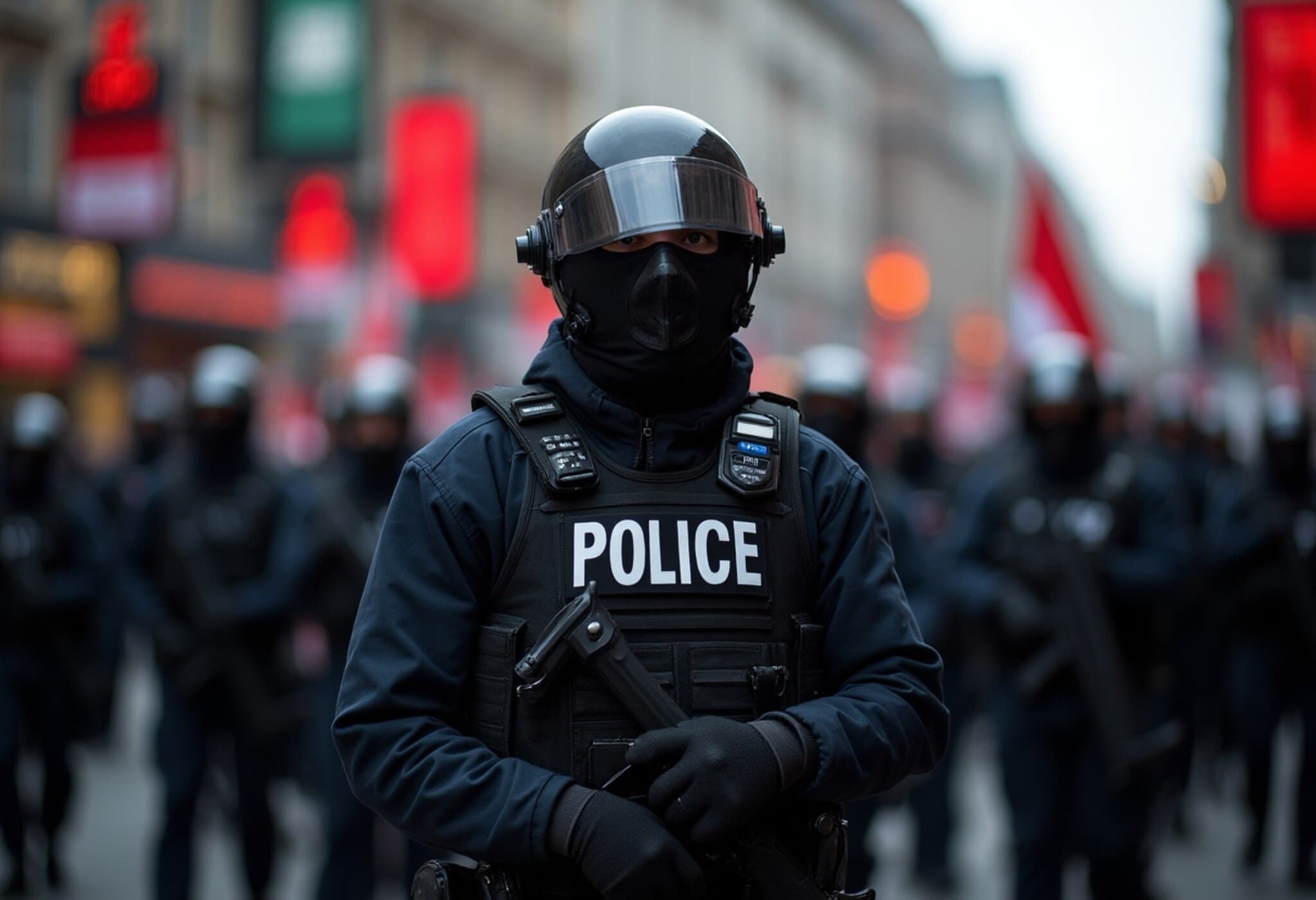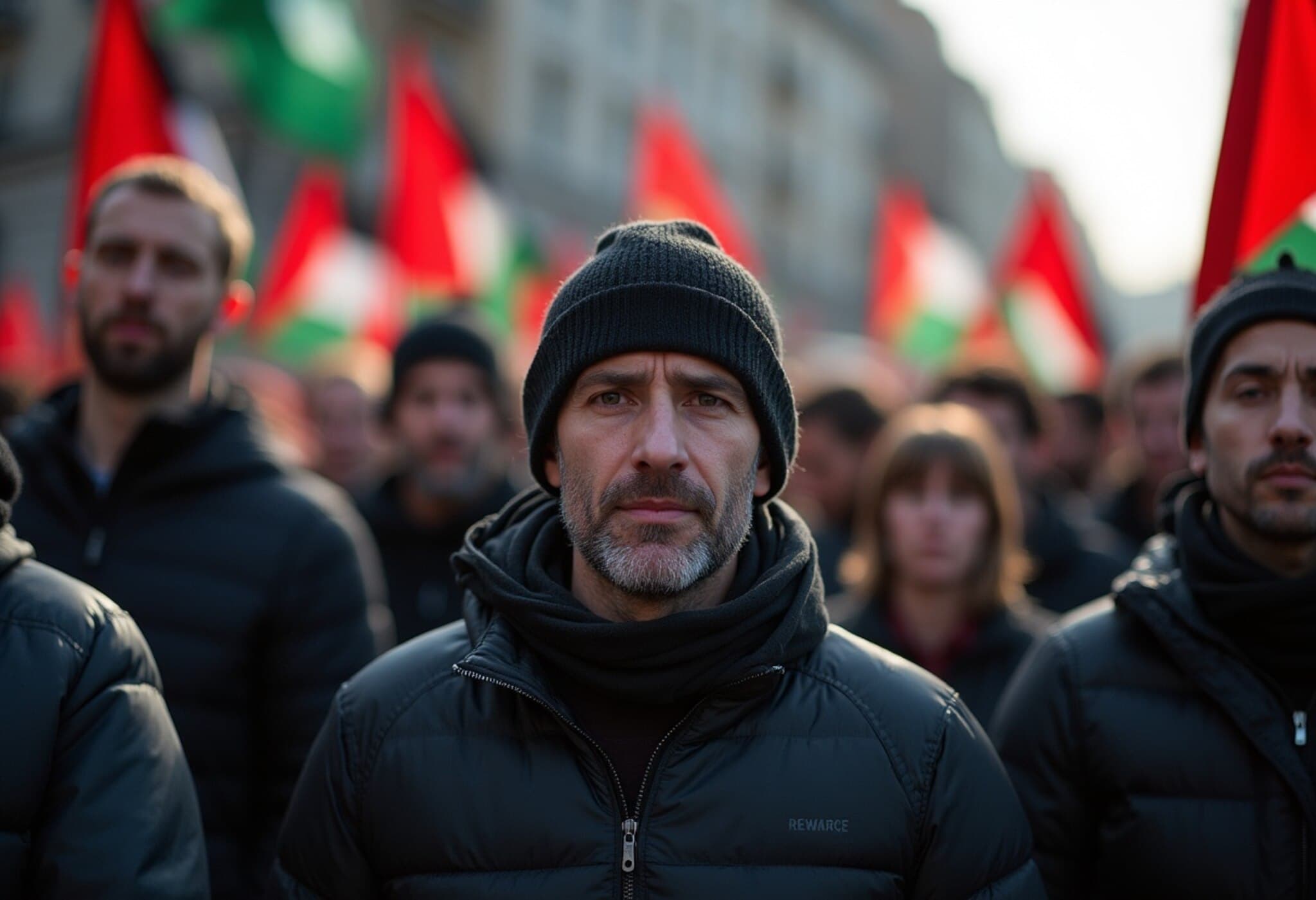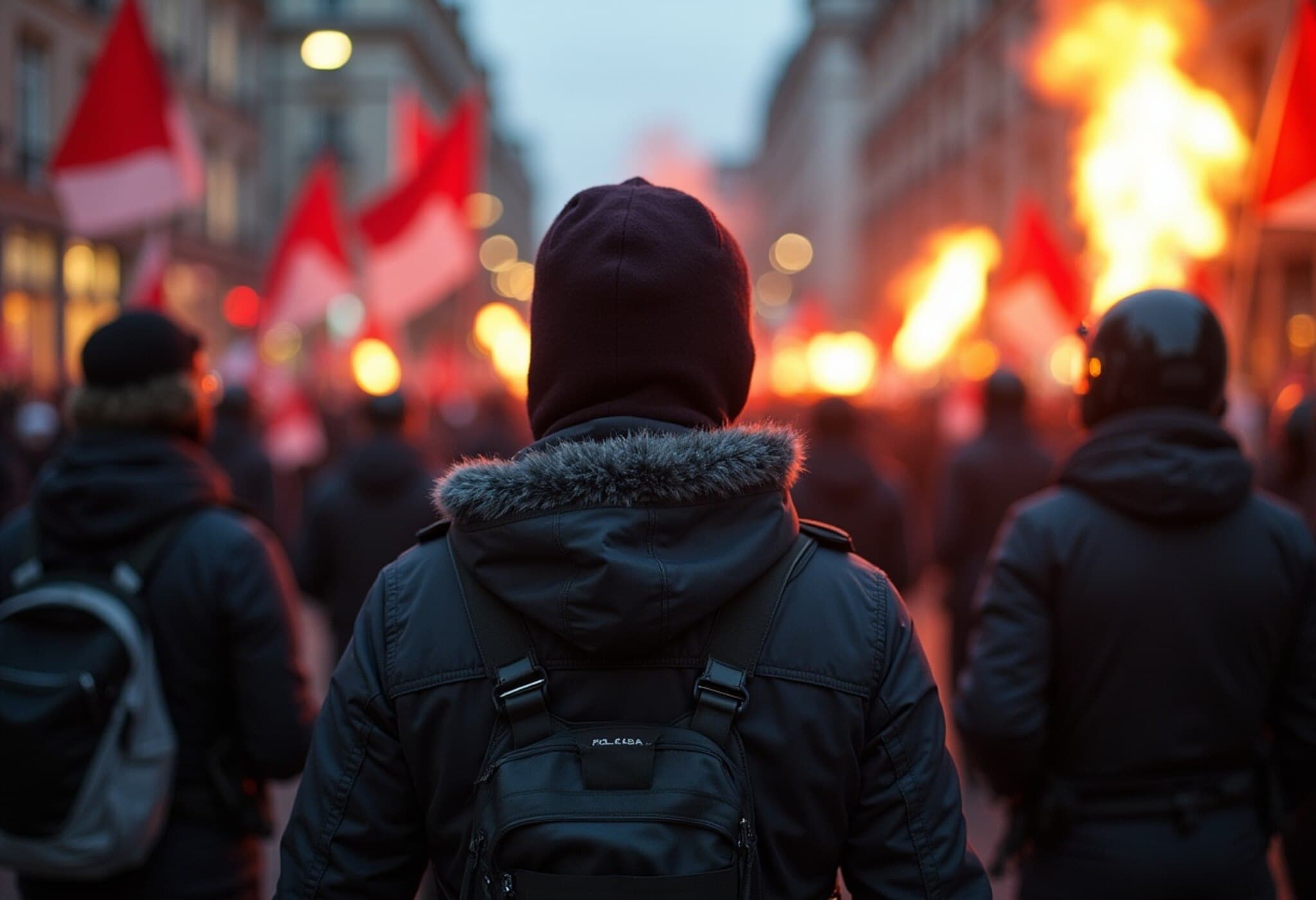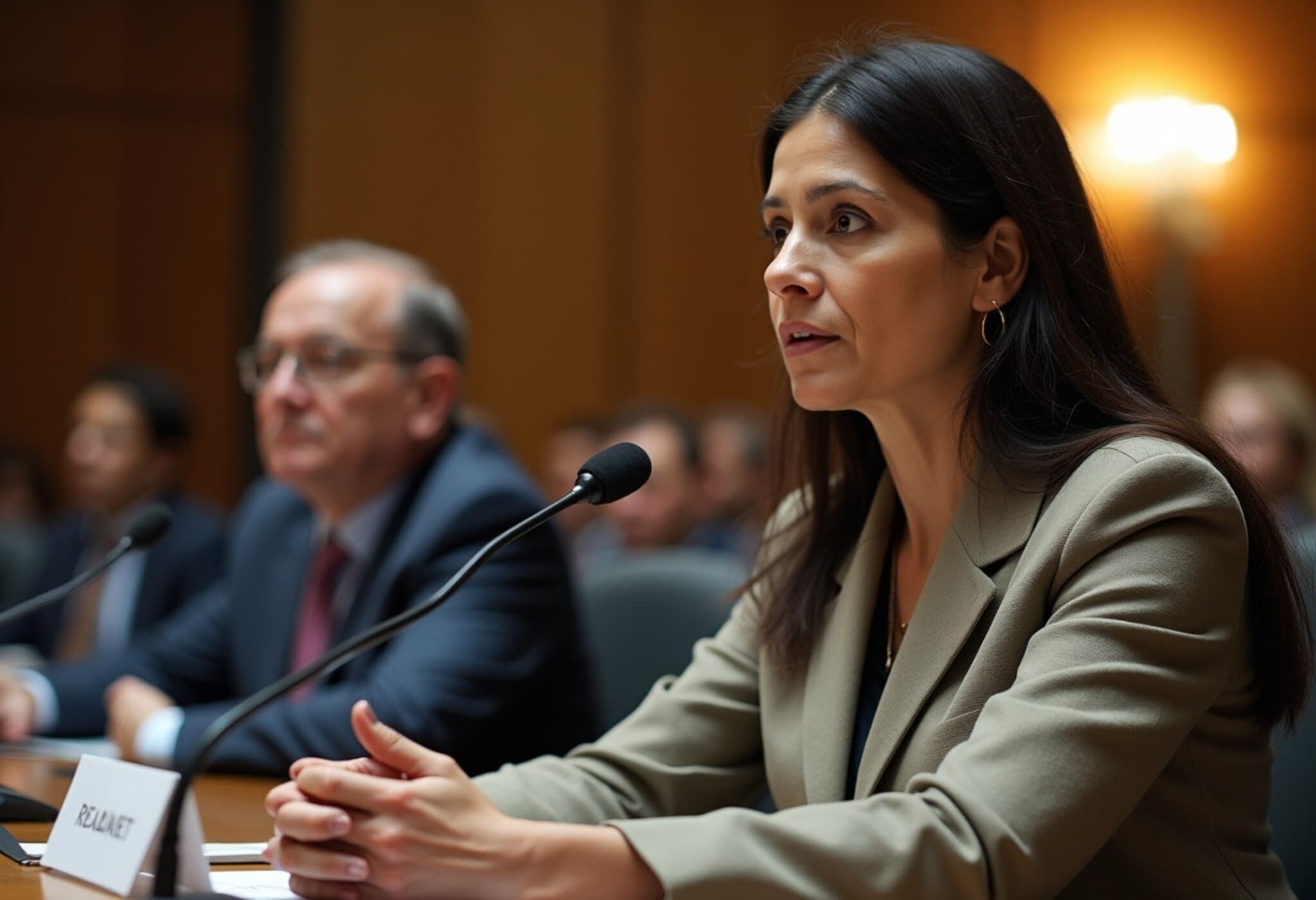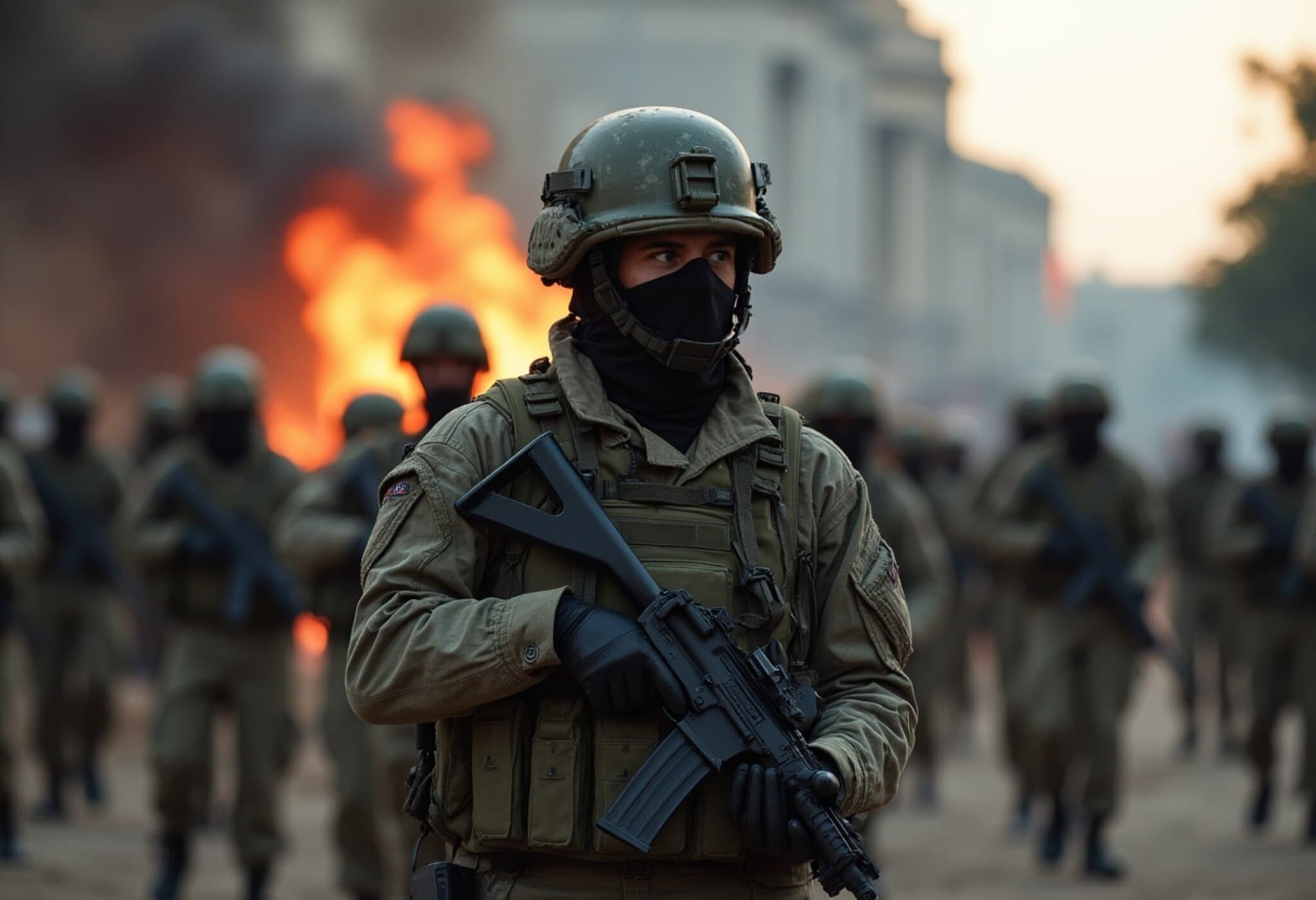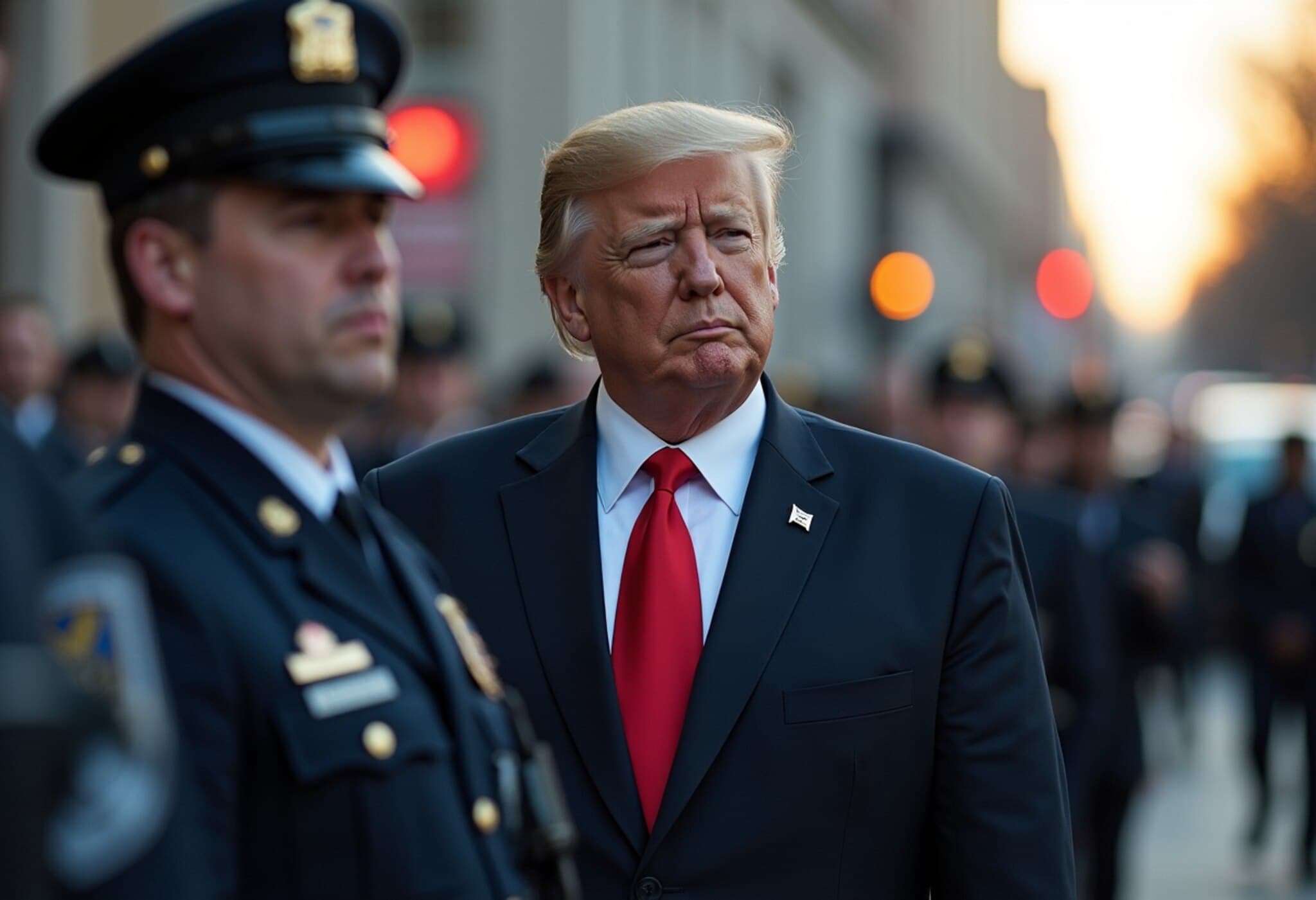UN Highlights Sharp Increase in Sexual Violence Amid Global Conflicts in 2024
The United Nations has sounded a grave alarm with its latest report revealing a disturbing 25% increase in sexual violence linked to armed conflicts worldwide during 2024. Secretary-General Antonio Guterres disclosed that more than 4,600 survivors were documented last year, though he cautioned that these figures represent only a fraction of the true scale due to underreporting and the stigma survivors face.
Geographic Hotspots and Persistent Perpetrators
The conflict zones bearing the brunt of this surge include the Central African Republic, Democratic Republic of Congo, Haiti, Somalia, and South Sudan. The UN's comprehensive report named 63 armed entities across over a dozen countries accused of perpetrating or enabling these crimes, with armed groups responsible for the majority of abuses. In troubling developments, government forces were also implicated in some cases.
- The blacklist features long-standing offenders, with over 70% having appeared in the list for five consecutive years or more.
- Notably, the report marks the first official notice to Israel’s military and Russian forces, citing credible information about their potential involvement in sexual abuses that could lead to blacklisting if no preventive measures are taken.
Accountability at a Crossroads: Israel and Russia Under UN Scrutiny
This year, for the first time, the UN Secretary-General warned both Israeli military/security personnel and Russian armed forces about credible allegations of sexual violence. The accusations include abuses primarily against Palestinian detainees in Israeli custody and Ukrainian prisoners of war allegedly mistreated by Russian forces and affiliates. Israel’s UN Ambassador Danny Danon dismissed these claims, accusing the UN of bias and urging focus on attacks by Hamas militants instead. Russia has thus far refrained from commenting.
Beyond the Numbers: The Human Toll of Sexual Violence in War
According to the report, sexual violence in conflicts encompasses a broad spectrum of heinous acts including rape, sexual slavery, forced pregnancy and abortion, as well as forced marriage and sterilization. Victims range widely in age—from infants as young as one year old to elderly victims aged 75.
Women and girls remain predominantly targeted, often attacked in their own homes, while traveling, or trying to make a living. The report details chilling instances of summary executions following sexual assaults, notably in Congo and Myanmar. Armed groups have increasingly weaponized sexual violence to consolidate territorial control and monopolize natural resources, as seen in parts of Africa and Haiti.
Sexual Violence as a Method of Torture and Repression
Sexual violence perpetrated within detention centers is of particular concern, reported in conflict zones including Israel and Palestinian territories, Libya, Myanmar, Sudan, Syria, Ukraine, and Yemen. Men and boys also suffer these abuses, mostly in detention settings, facing rape, threats, electrocution, and genital mutilation.
Spotlight on Regional Crisis Zones
- Central African Republic: The UN peacekeeping mission documented significant cases involving rape, gang rape, forced marriage, and sexual slavery affecting more than 400 victims last year.
- Democratic Republic of Congo: Particularly in mineral-rich eastern provinces, nearly 800 cases were recorded, with the M23 rebel group’s involvement notably tripling since 2022 as they seized Goma city.
- Sudan: Amid a relentless civil war, sexual violence remains rampant, with service providers reporting 221 rape cases in 2024, including children under five years old.
Expert Analysis: Why the Rise and What Can Be Done?
Experts emphasize that sexual violence in armed conflicts is not a byproduct but a deliberate strategy used to terrorize populations, disrupt communities, and assert dominance. In the American context, lessons from past conflicts highlight the importance of robust international cooperation, accountability measures, and protection of vulnerable populations to curb such abuses.
The UN report also underscores the urgency for stronger enforcement of international humanitarian law and for governments to implement preventive mechanisms. Without sustained global pressure, the persistent impunity risks perpetuating cycles of violence and undermining regional stability.
Looking Ahead: The Path to Justice and Healing
While the UN report provides critical documentation and exposes the dire state of sexual violence in conflicts, it also raises challenging questions: How can the international community ensure that perpetrators, including state actors, face consequences? What role should major powers play in enforcing accountability without exacerbating tensions? And crucially, how can survivors’ voices be centered in peacebuilding efforts?
Addressing these complex issues requires a multifaceted approach—combining prevention, justice, survivor support, and long-term political solutions—to break the seemingly intractable cycle of conflict-related sexual violence.
Editor's Note
The UN’s latest findings expose a grim reality: sexual violence is increasingly wielded as a weapon of war, with devastating human consequences far beyond immediate victims. This surge demands renewed commitment from governments and international bodies to confront entrenched impunity. Observers should monitor how the UN's warnings to Israel and Russia influence accountability debates amid ongoing geopolitical tensions. Ultimately, tackling this scourge hinges on recognizing survivors’ humanity and integrating their needs at every stage of conflict resolution and recovery.


